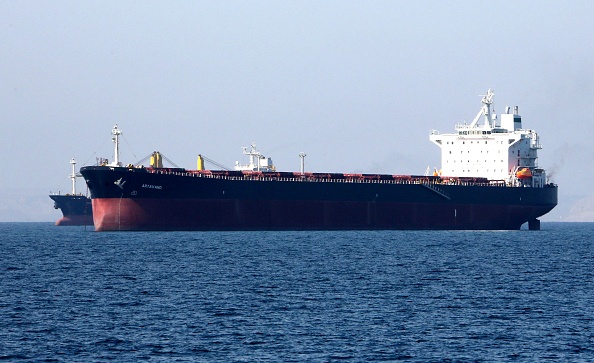Britain will join US to protect ships from Iranian attack

Britain plans to work with the US to ensure the safety of commercial ships passing through the Strait of Hormuz from Iranian attack, defence secretary Ben Wallace said today amid escalating tensions in the region.
However the UK will not join US sanctions against Iran, Wallace said after President Donald Trump ripped up a nuclear deal with the country last year.
Read more: Iran seizes another tanker over fuel smuggling, state media reports
Foreign secretary Dominic Raab said that the UK’s approach to Iran has not changed, despite it rowing back its commitments under the 2015 deal.
“We remain committed to working with Iran and our international partners to de-escalate the situation and maintain the nuclear deal,” he said.
Last month the Islamic Republic boarded a British tanker, the Stena Impero, by the Strait of Hormuz. It came as retaliation after Royal Marines seized an Iranian ship by Gibraltar, accusing it of breaking sanctions on Syria.
“We look forward to working alongside the US and others to find an international solution to the problems in the Strait of Hormuz,” Wallace said.
The Royal Navy has two ships, a destroyer and a frigate, in the Gulf.
Wallace said: “The deployment of Royal Navy assets is a sign of our commitment to our UK flagged vessels and we look forward to working alongside the US and others to find an international solution to the problems in the Strait of Hormuz.”
Tensions have flared in recent months after a series of oil tankers in the world’s most important oil shipping route were hit by attacks which western countries blamed on Iran and its proxies.
Last month President Trump authorised his military to down an Iranian drone it claimed had strayed too close to one of its Navy ships over the strait.
Read more: Iranian seizure of tanker ‘constitutes illegal interference’, UK tells UN
Earlier today Germany said it would not be joining the US-UK partnership in the region.
“At the moment the Britons would rather join an American mission. We won’t do that,” foreign minister Heiko Maas told reporters.